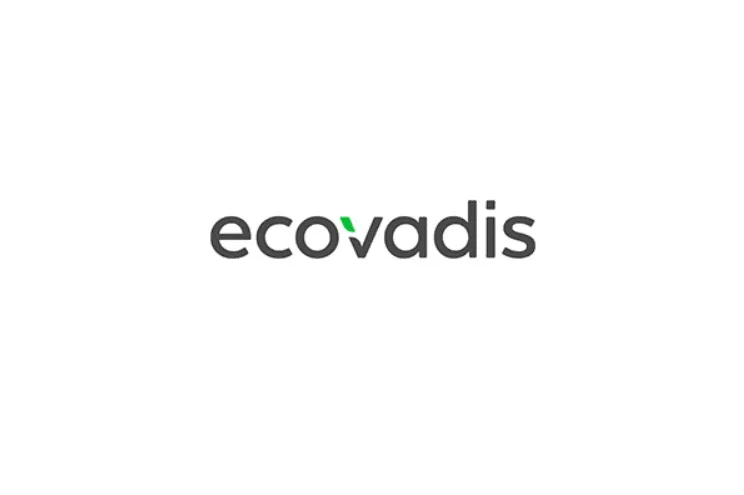EcoVadis, a leading provider of sustainability ratings for businesses, has introduced a new feature called the EcoVadis Product Carbon Footprint (PCF) Data Exchange within its Carbon Action Module (CAM). This addition aims to facilitate PCF tracking across its extensive network of suppliers, which includes 40,000 suppliers actively engaged in carbon reduction efforts. The PCF Data Exchange addresses a significant challenge in carbon reduction strategies by allowing for the reporting of greenhouse gas (GHG) emissions associated with the specific products and services purchased throughout the supply chain. This innovation seeks to transform how organizations collaborate with their trading partners on their journey towards decarbonization.
Typically, suppliers initiating carbon emissions measurements start by reporting their overall carbon footprint. However, they often serve multiple customers with a diverse range of products and services. This poses a dilemma for buyers as they lack precise data to determine which part of the supplier’s emissions corresponds to their specific purchases. PCF addresses this issue by providing a more detailed breakdown of the GHG emissions generated by a product at various stages of its life cycle. EcoVadis’ PCF solution adheres to the global standard for product-level emissions accounting and exchange, as defined by the Partnership for Carbon Transparency (PACT).
This partnership enables organizations to transition from using industry averages to obtaining accurate emissions data directly related to their product portfolio. PCF represents a significant advancement in Scope-3 emissions accuracy, enabling organizations to track emissions year-over-year with precision and identify actionable reduction measures at the product level.
As a PACT Collaborator, EcoVadis utilizes the PACT Pathfinder Framework and the globally recognized standards it is founded upon. This collaboration benefits customers by enhancing emissions transparency and simplifying the exchange of reliable product carbon footprint information among organizations, supply chain tiers, industries, and stakeholders.
The PCF Data Exchange is an integral part of the EcoVadis Carbon Action Module, designed to enhance supplier carbon maturity—a prerequisite for reporting on PCF. The CAM includes scorecards and tools for measuring, benchmarking, and assisting suppliers in building their knowledge and management capabilities, progressing from “Beginner” and “Intermediate” to the advanced levels required to initiate PCF reporting. It also encourages suppliers to adopt best practices such as life-cycle assessments (LCA), setting science-based targets, public reporting through CDP, and more.
The core benefits of EcoVadis’ CAM solution with PCF Data Exchange enable organizations to:
- Request and collect PCF data from suppliers and collaborate to identify specific reduction opportunities and actions.
- Enhance supplier capabilities through a dedicated EcoVadis Academy course on PCF fundamentals.
- Compare PCF data across their supplier network using globally recognized standards.
Suppliers can also benefit by:
- Improving their understanding of PCF through a dedicated EcoVadis Academy course.
- Securely reporting and sharing PCF data through the EcoVadis network, in compliance with global standards.
- Gaining insights to pinpoint and guide emissions reductions at critical points in the life cycles of their products or services.
“As the climate crisis worsens, more organizations are recognizing their role in mitigating its effects by engaging suppliers to measure and cut emissions to meet decarbonization targets and to align with industry and global goals,” said Julia Salant, general manager, carbon solution at EcoVadis. “Product carbon footprint data is the holy grail of carbon reporting. It’s the next step for organizations to accelerate their carbon maturity journey through precise measurement and management of emissions, helping organizations make a positive impact on the planet.”
